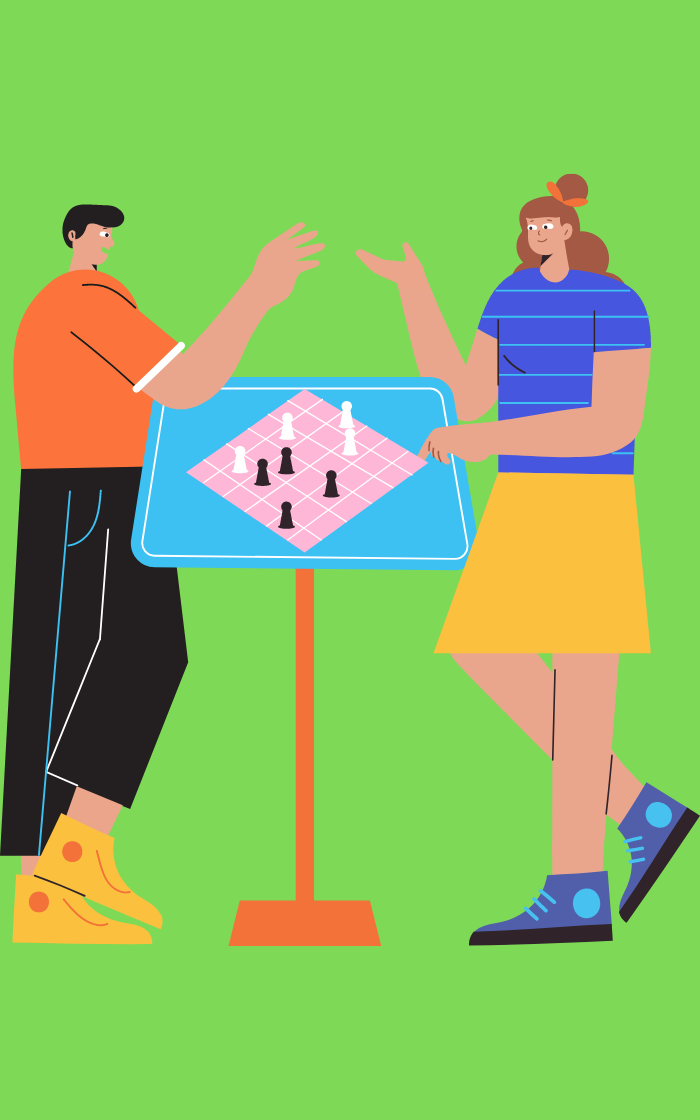Use the ‘rule of the chess player’ to strengthen relationships and perform under pressure

Parent Post
When you’re in an
When you’re in an emotionally intense situation, your perspective will be different than when you’re normal.
The rule of the chess player states that we often misjudge how we would react when facing an intense set of circumstances.
Acknowledging this rule is only the first step. You can then use it to do two very important things.
Do the same thing
Do the same thing with your emotions.
Like a master chess player repeatedly practicing the same moves, you must train your feelings and emotional responses.
When you repeatedly practice emotionally healthy routines and habits, you rely on those habits when under pressure.
When you’re under emotional
When you’re under emotional stress, you’ll avoid panicking and go back to your core principles, which helps you make good decisions.
So, whether you’re striving for better relationships, or striving for a better you, remember the rule of the chess player.
Show more empathy.Because of
Show more empathy.
Because of the perspective gap, when we see someone make a big mistake, we judge what they could have done differently.
The rule helps you realize that facing similar circumstances, your thoughts and emotions could cause you to make big mistakes.
When your default changes from “judgmental” to “helpful,” you build a bridge instead of a rift–which strengthens your relationship.
Perform under pressure.Chess Masters
Perform under pressure.
Chess Masters and Grandmasters have played more games than they can count.
By practicing the same moves over and over, players develop habits and processes that they can repeat almost effortlessly.

